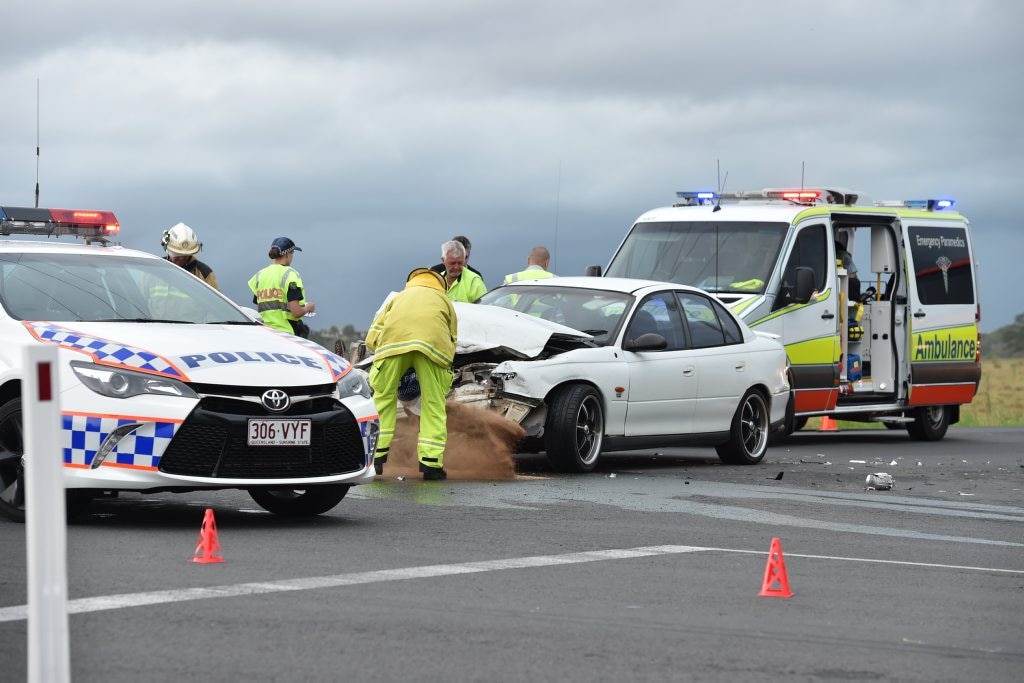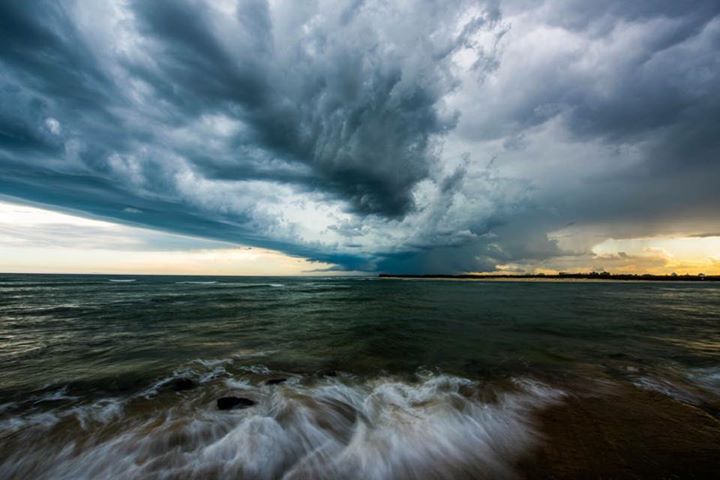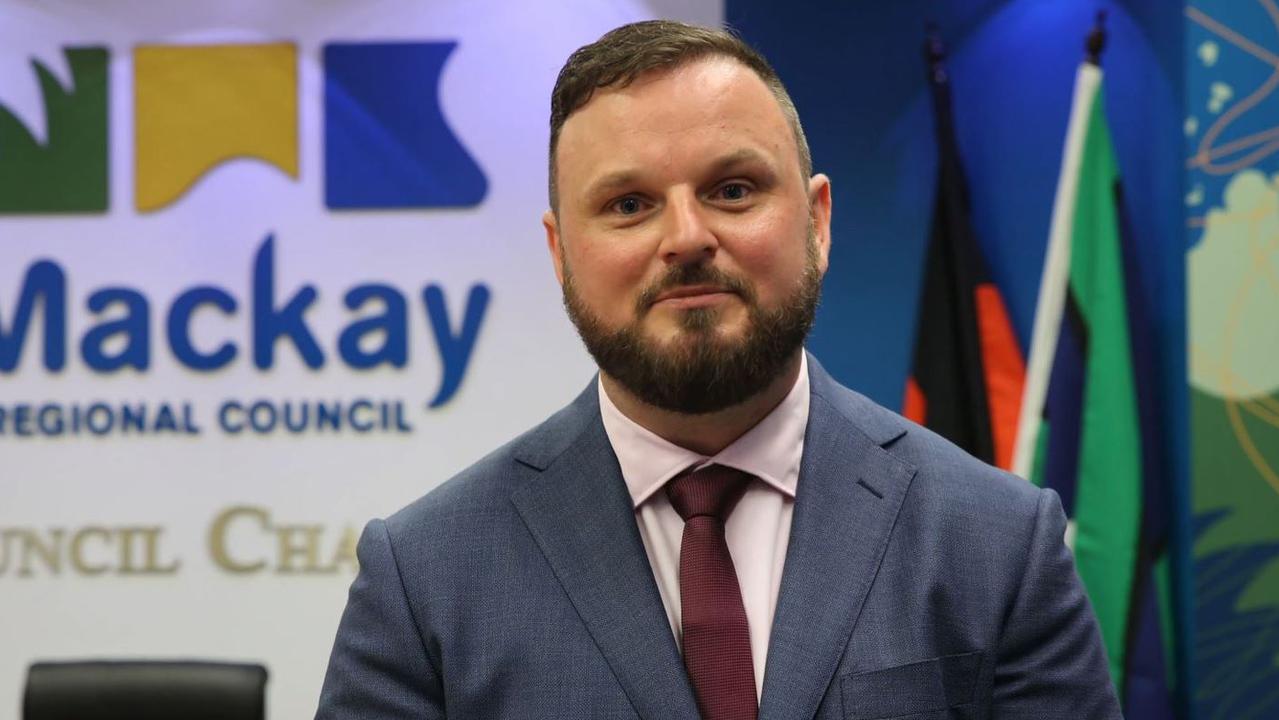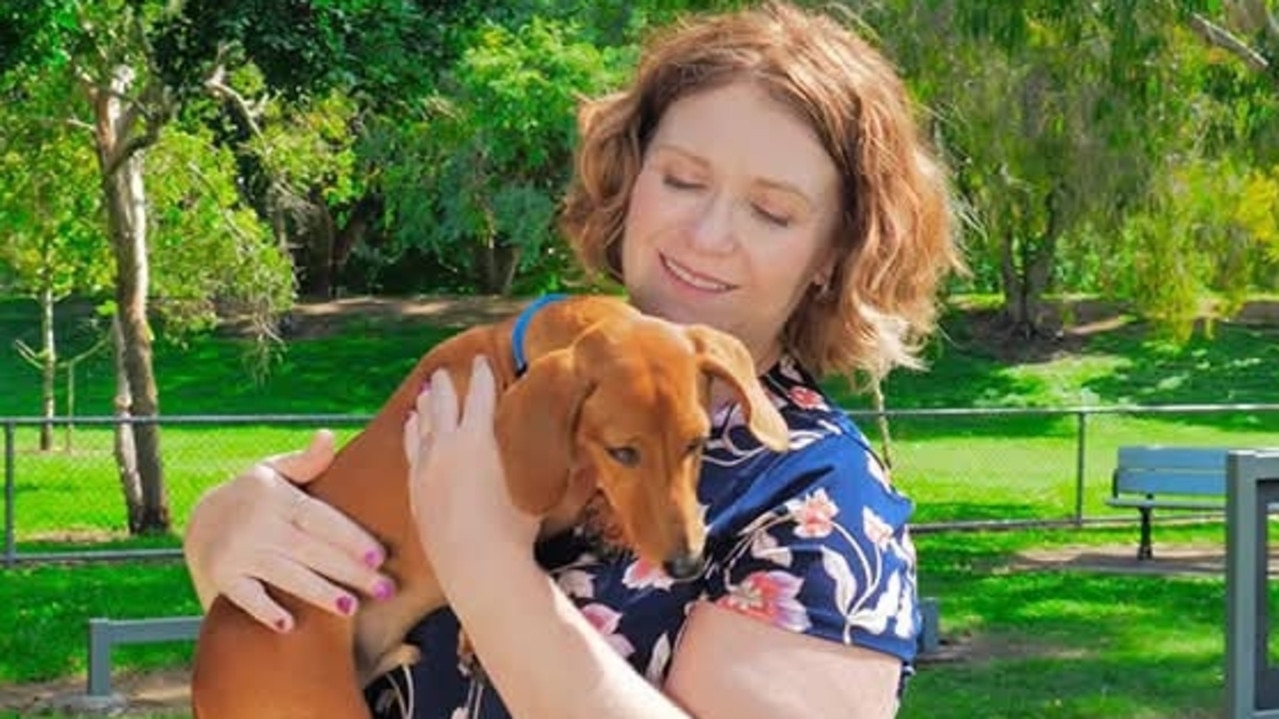How The Bachelor changed the search for alien worlds
THE Bachelor’s latest star, Dr Matt Agnew, has helped make it easier for astrophysicists around the world to discover new planets.

Mackay
Don't miss out on the headlines from Mackay. Followed categories will be added to My News.
THE Bachelor's latest star Dr Matt Agnew has helped make it easier for astrophysicists around the world to discover new planets.
University of Southern Queensland astrophysicists Professor Jonti Horner, who was Dr Agnew's secondary and external PhD supervisor, said the Bachelor's work was incredibly innovative.
"It'll be really useful going forward, as it's about using the tools we have available efficiently to look for planets around other stars," Prof Horner said.
"He realised that, once you know where one planet is in a system, you can immediately work out where other planets are unlikely to be found.
"Given it is really hard to find planets, he thought that it would be awesome if we could predict where more planets could (and couldn't be found) - and that idea formed the basis of his PhD."
Prof Horner said over the course of his PhD Dr Agnew built a model that would allow scientists to predict where planets could and couldn't exist in the new planetary systems that would be found by NASA's TESS Mission.
TESS is a satellite that searches the cosmos for exoplanets, planets that orbit stars other than our sun.
"That's really important, because it means that astronomers with limited time and resources can focus their efforts much more efficiently, allowing us to search for and find more alien worlds," Prof Horner said.
"So imagine you want to find a planet like Earth. Not too hot, and not too cold. Dr Agnew's work lets us filter the systems where TESS finds planets, and immediately rule out some of those systems as targets for the search.
"That's amazing as it means we'll end up finding more planets, and faster, because we won't be wasting time looking in the wrong places."

Dr Agnew completed his PhD at Swinburne University in Melbourne, where his main PhD supervisor was Professor Sarah Maddison.
Prof Horner said despite his massive professional admiration for Dr Agnew, he would not be watching much of the new season of The Bachelor.
"It might be a bit awkward," he said.
"It feels like watching a mate chatting up people in a bar. I like the guy and hope he's successful and it works out for him.
"I will be keeping up with it on Twitter and we have a sweepstake at the office as we all know him."
He said he hoped Dr Agnew's appearance on The Bachelor would get more people excited about astrophysics.
"It's just a really nice opportunity to show that scientists are people too," he said.
"We're not all the stereotypical professor from the Simpsons.
"If it gets people who aren't usually interested into astrophysics and gets them interested, then that's only positive."
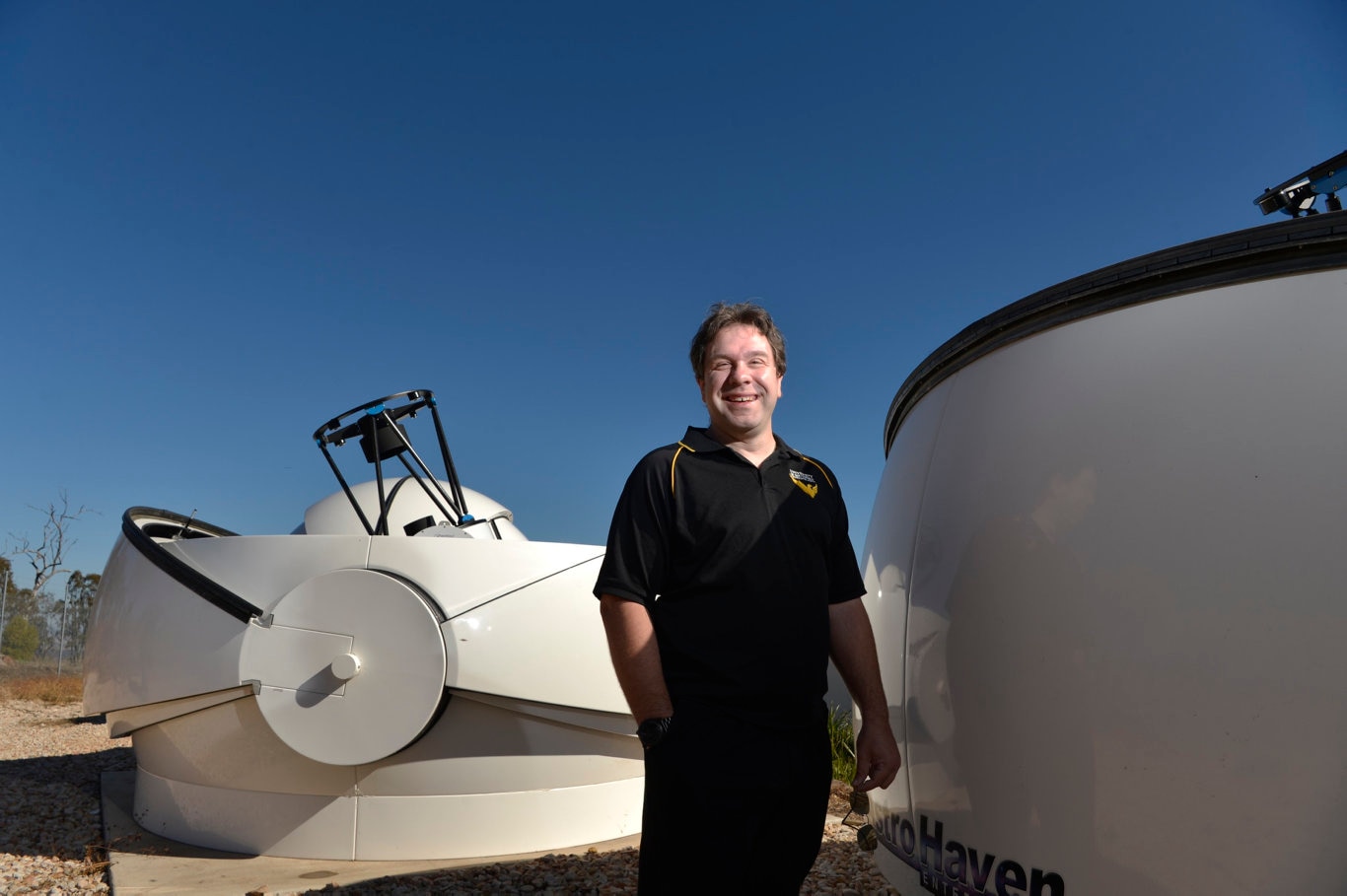
Prof Horner said he did see the viral moment where a contestant responds with "I'm a Gemini" to Dr Agnew telling her he is an astrophysicist.
"That happens all the time," Prof Horner said.
"I've had journalists call me an astrologist before."
Prof Horner said while he didn't know why Dr Agnew decided to go on the show, a career in astrophysics could at times be a "relationship killer".
"You get so focused on your PhD (and research) other things go on the wayside," he said.
"Maybe this is the way future, maybe this could become a regular thing.
"Maybe next year there will be a new series call The Astrophysicist Needs A Wife."
The new season of The Bachelor began last night on Channel 10.
Originally published as How The Bachelor changed the search for alien worlds

